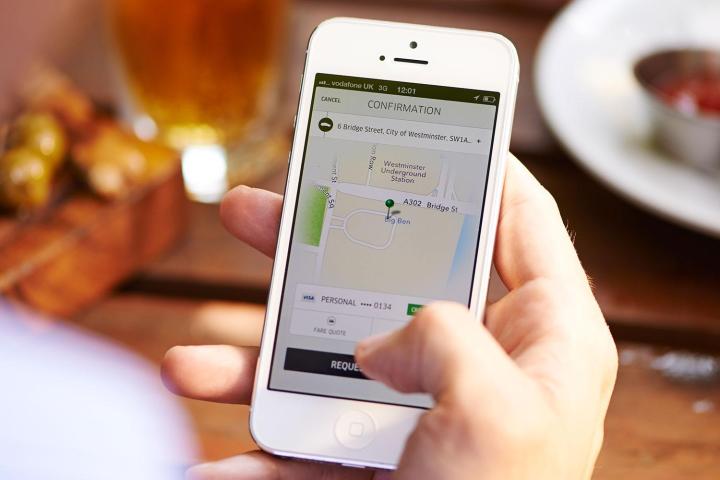
In a statement, Uber reaffirmed its commitment to those with disabilities, saying, “We have teams dedicated to continuing to expand that access further for the disabled community in Massachusetts and nationwide.” That being said, charges were leveled against the company last year by the National Federation of the Blind of California, which accused Uber of not allowing guide dogs in their cars. A federal judge has recently allowed the case to proceed.
Lyft has also been at the center of some bad press when it comes to the disabled, with a Texas woman suing the company for failing to provide a single wheelchair-accessible vehicle in Austin. That case is still pending, though Lyft has apparently requested that it be sent to arbitration.
This isn’t even the first time that both companies have been taken to court as a collective entity — in fact, in the Houston Chronicle reported that a disabilities advocacy group took the two to court, claiming they effectively refused service to those who were differently abled. “Uber and Lyft are up and coming in terms of transportation companies, and they don’t really have any means to provide wheelchair accessibility,” said plaintiff David Wittie in an interview with the Chronicle. “They are socially irresponsible and not accessible and equivalent for people with disabilities.”
Of course, Uber has already attempted damage control, announcing a new feature earlier this week called uberASSIST, which “will allow riders needing an extra hand to request safe and reliable rides at the tap of a button.” According to their recent blog post, the service is “designed to provide additional assistance to seniors and people with disabilities. Driver-partners are specifically trained by Open Doors Organization to assist riders into vehicles and can accommodate folding wheelchairs, walkers, and scooters.”
Too little too late, or finally a step in the right direction?


